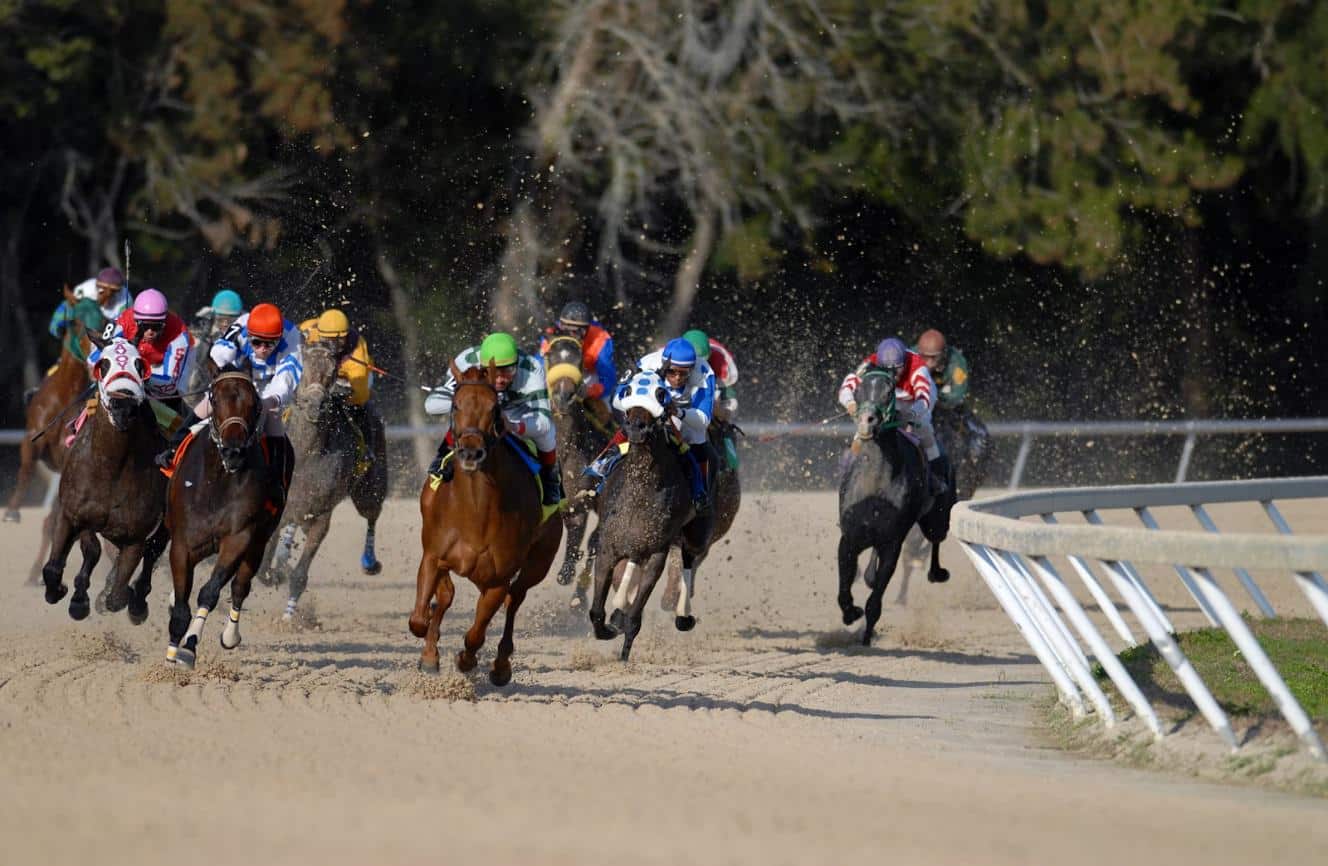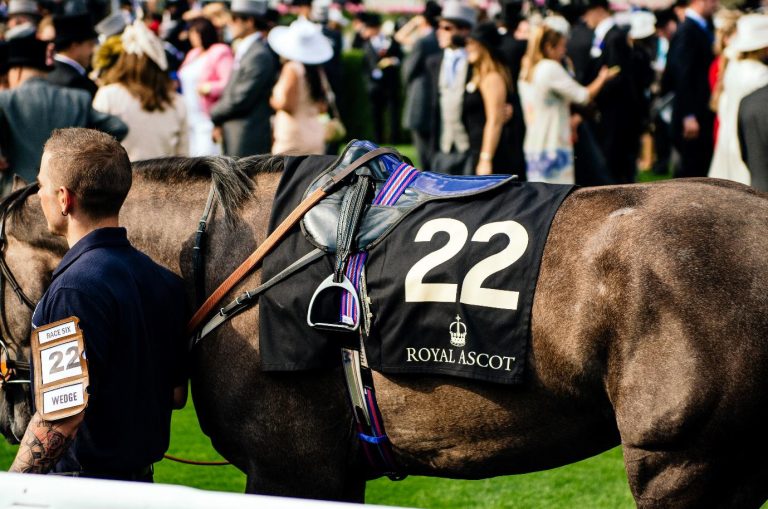The impact of Major Racing Events is stark. Known for its elegance, thrill, and history, horse racing attracts a lot of attention because of its wide-ranging economic impact outside of the racetrack as well as the excitement of the race itself. Large-scale horse racing events like the Grand National, Royal Ascot, and Cheltenham Festival increase their economic impact on local and national economies by reaching industries like hospitality, tourism, fashion, and even the betting business.
Hospitality and Tourism Surge
Hospitality and tourism thrive during major horse racing events, with cities hosting races like Royal Ascot experiencing a surge in visitors. Hotels, restaurants, and attractions benefit from increased demand, as racegoers often travel long distances to attend. Accommodation providers report full bookings well in advance, while restaurants and pubs enjoy heightened patronage.
Transport services also see increased activity, with taxis, ride-sharing, and public transport usage rising. The surge of visitors not only supports local businesses but also enhances the overall tourism appeal of host cities, promoting long-term economic sustainability.
Betting Industry Growth
When the gates open at prestigious events like the Grand National, spectators aren’t the only ones with stakes in the outcome. The betting industry, integral to horse racing culture, experiences heightened activity, with millions wagered on each race. Notably, international bookmakers have also seen increased popularity, offering flexible alternatives to UK punters seeking fewer restrictions.
UK betting sites not on GamStop cater to bettors seeking variety, generous odds, and diverse betting opportunities, especially during peak racing seasons. The increase in wagers during racing events significantly boosts the betting industry’s revenue, contributing heavily to the overall economic impact of these occasions.
Fashion Industry Flourishes
The fashion industry, synonymous with horse racing culture, similarly reaps benefits. Iconic racing events are as much about style as they are about sport. Major fashion brands and independent designers capitalise on this demand, creating exclusive lines specifically tailored for events like the Cheltenham Festival and Royal Ascot.
Milliners experience significant growth, showcasing their latest hat collections, with racing attendees eager to uphold the prestigious tradition of race-day attire. This surge in fashion demand not only promotes creativity within the fashion sector but also supports countless small businesses and designers.
Local Economic Boost
Major horse racing events provide a substantial boost to local economies, benefiting a wide range of businesses. From taxi services and retail shops to restaurants and accommodation providers, various sectors experience increased demand. Many local vendors and small businesses thrive during these events, as racegoers contribute to higher spending on food, transport, and souvenirs. The increase in visitors stimulates commercial activity, helping communities maintain economic growth beyond the race season by supporting long-term business sustainability.
Job Creation and Employment Opportunities
Major horse racing events generate thousands of temporary jobs, providing essential income for local communities. Event management, hospitality, security, and retail all experience increased demand for workers during these peak periods. Many businesses expand their workforce to accommodate the surge in visitors, offering both short-term and seasonal employment opportunities. This surge of jobs not only supports the local economy but also contributes to workforce development, offering valuable experience to individuals across various industries.
Global Visibility and Future Prospects
International media coverage of major horse racing events, such as the Kentucky Derby and Royal Ascot, enhances the global profile of host cities. This exposure attracts new tourism, investors, and businesses looking to capitalise on the prestige associated with these locations. Cities use this visibility to showcase their unique culture, hospitality, and commercial opportunities, fostering long-term economic benefits. Even after the races conclude, the lasting impact on tourism and business development remains significant.
Long-term Economic Benefits
The economic impact of horse racing extends beyond the immediate revenues generated on race days, promoting long-term growth across multiple sectors. The revenue produced during peak seasons helps fund essential infrastructure projects, which can lead to improved public services, upgraded sports facilities, and enhanced community spaces.
Additionally, increased tourism generated by major events encourages off-peak visitation, maintaining a steady flow of income for local businesses throughout the year. This sustained economic activity contributes to a more resilient economy, with racecourses becoming key drivers of regional development, fostering job creation, and supporting local industries, from hospitality to transportation.
Conclusion
In conclusion, the economic influence of major horse racing events significantly transcends their sporting prestige, positively impacting various ancillary industries. From betting and hospitality to fashion and local businesses, the ripple effect of these events underscores their role as economic catalysts. Supporting the continued growth and sustainability of these events not only enriches the cultural fabric of communities but also reinforces economic stability and prosperity in regions fortunate enough to host these prestigious competitions.



